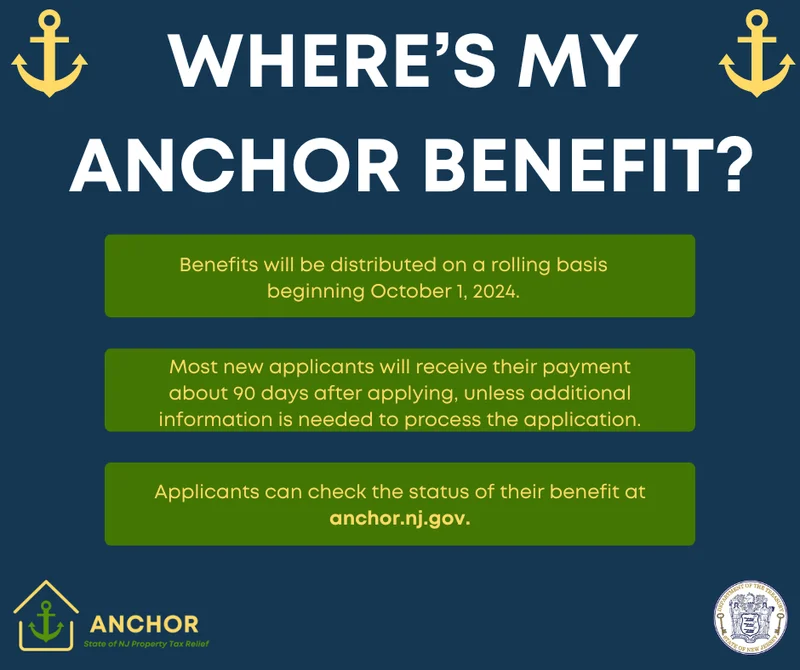IMF: What's really going on?
Why Everyone's Suddenly Googling "People Also Ask" (and Should You Care?)
The internet's a weird place. One minute, nobody's talking about something; the next, it's trending higher than crypto. Case in point: "People Also Ask." Suddenly, everyone from SEO gurus to your aunt who just discovered Pinterest is obsessed. But is it just another flash in the pan, or is there actual value here? Let's dig into the data.
The Rise of the "People Also Ask" Box
Google's "People Also Ask" (PAA) box has been around for a while (since roughly 2015, if you want to be precise). But its prominence in search results has steadily increased. What was once a buried afterthought is now often featured near the top of the page, especially for informational queries. This isn't accidental; it's Google's algorithm evolving. They're trying to directly answer user questions – even before you click on a link.
And this is the part of the report that I find genuinely puzzling. Are people really finding the answers they need within these expandable boxes, or are they just clicking through to the suggested articles anyway? The click-through rate data on PAA is surprisingly scarce, which makes me wonder if Google is deliberately obscuring the full picture.
The implication for content creators is clear: if you want to rank, you need to be the answer, not just have the answer somewhere on your page. This means structuring your content around specific questions and providing concise, easily digestible answers. Forget long, rambling introductions; get straight to the point.

The SEO Gold Rush (or Fool's Gold?)
Naturally, the SEO community has jumped on the PAA bandwagon. The theory is simple: identify the questions that your target audience is asking, and then optimize your content to appear in the PAA box. Suddenly, every SEO tool worth its salt offers a "PAA keyword research" feature. But here's where the skepticism kicks in.
I've looked at hundreds of these keyword research reports, and this particular trend is unusual. The actual search volume data for the questions within PAA is often surprisingly low. We're talking single-digit searches per month for some of these queries. So, are we optimizing for a handful of searches, or are we chasing a mirage?
One analogy I've been thinking about: It's like panning for gold in a stream where everyone else is already panning. Sure, there might be a few nuggets left, but the real riches are probably somewhere else. The real value might not be in directly targeting PAA, but in understanding the underlying user intent that drives those questions. What are people really trying to find when they search for these things? That's the question we should be asking.
So, What's the Real Story?
The "People Also Ask" box is a symptom, not the disease. It's a reflection of Google's ongoing quest to provide instant answers. Focusing solely on optimizing for PAA is a short-sighted strategy. The real opportunity lies in understanding user intent and creating content that genuinely addresses their needs. Stop chasing the algorithm, and start solving problems.
-

Warren Buffett's OXY Stock Play: The Latest Drama, Buffett's Angle, and Why You Shouldn't Believe the Hype
Solet'sgetthisstraight.Occide...
-

The Great Up-Leveling: What's Happening Now and How We Step Up
Haveyoueverfeltlikeyou'redri...
-

The Business of Plasma Donation: How the Process Works and Who the Key Players Are
Theterm"plasma"suffersfromas...
-

NJ's ANCHOR Program: A Blueprint for Tax Relief, Your 2024 Payment, and What Comes Next
NewJersey'sANCHORProgramIsn't...
-

Zcash's Zombie Rally: The Price Prediction vs. What Reddit Is Saying
So,Zcashismovingagain.Mytime...
- Search
- Recently Published
-
- Blue Owl: Capital, Stock, & Private Credit Dynamics
- Switzerland: Time Zones, Major Hubs, & Key Logistical Data
- Cook County Treasurer: property taxes, bills, login, and how to pay
- Alibaba Stock: What's Driving the Price Today
- CoreWeave (CRWV): What's Driving Its Stock and Analyst Targets
- ANyONe Protocol: What it is and the real story
- Avicii: How AI is Continuing His Musical Legacy
- Bitcoin: What the Shutdown's End Means for the $112K Forecast
- The AI Debt Boom: Analyzing the Real Financial Risk
- Zcash's Historic Surge: Privacy, Potential, and What's Next
- Tag list
-
- carbon trading (2)
- Blockchain (11)
- Decentralization (5)
- Smart Contracts (4)
- Cryptocurrency (26)
- DeFi (5)
- Bitcoin (30)
- Trump (5)
- Ethereum (8)
- Pudgy Penguins (5)
- NFT (5)
- Solana (5)
- cryptocurrency (6)
- XRP (3)
- Airdrop (3)
- MicroStrategy (3)
- Stablecoin (3)
- Digital Assets (3)
- PENGU (3)
- Plasma (5)
- Zcash (7)
- Aster (4)
- investment advisor (4)
- crypto exchange binance (3)
- SX Network (3)
